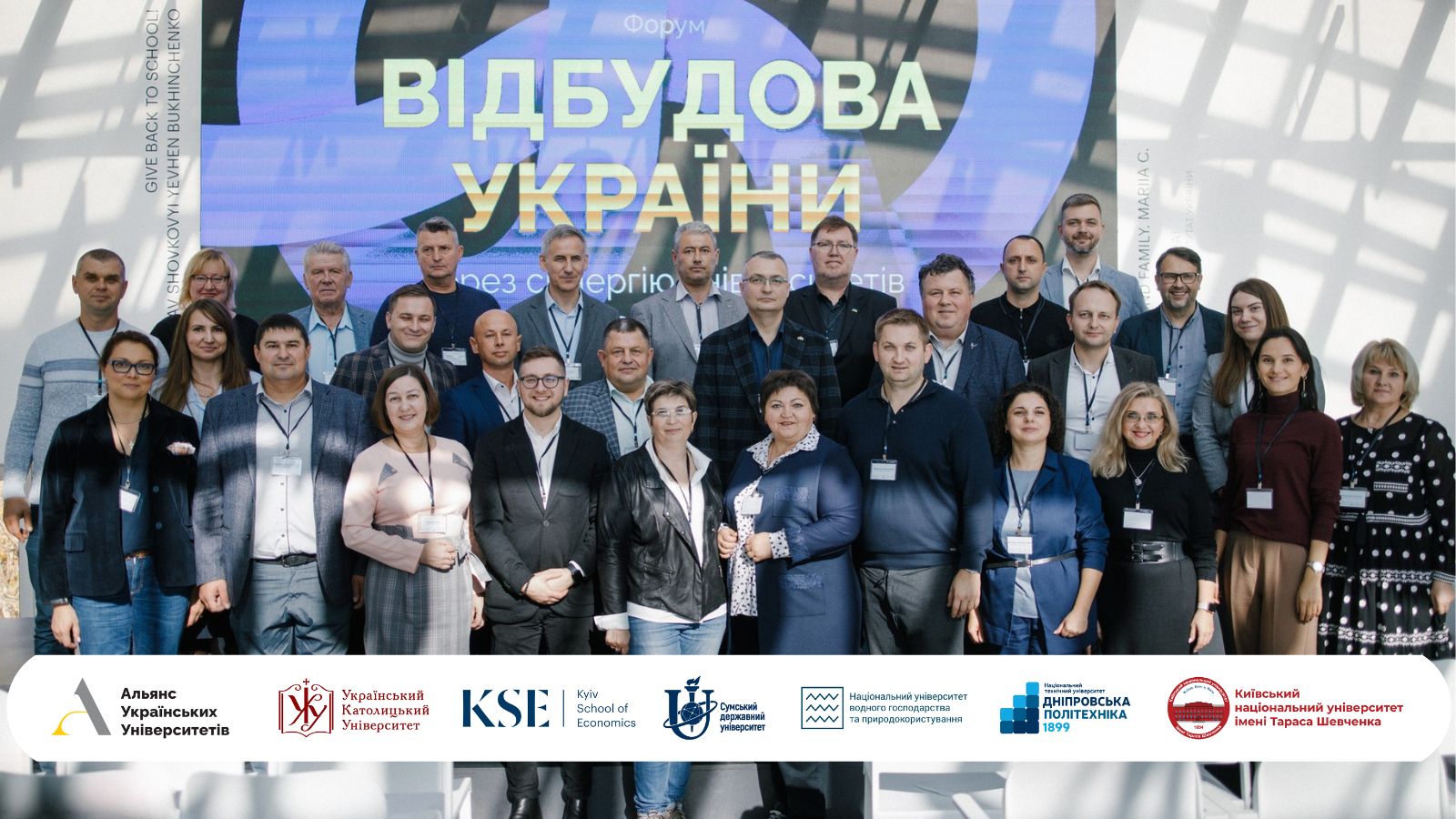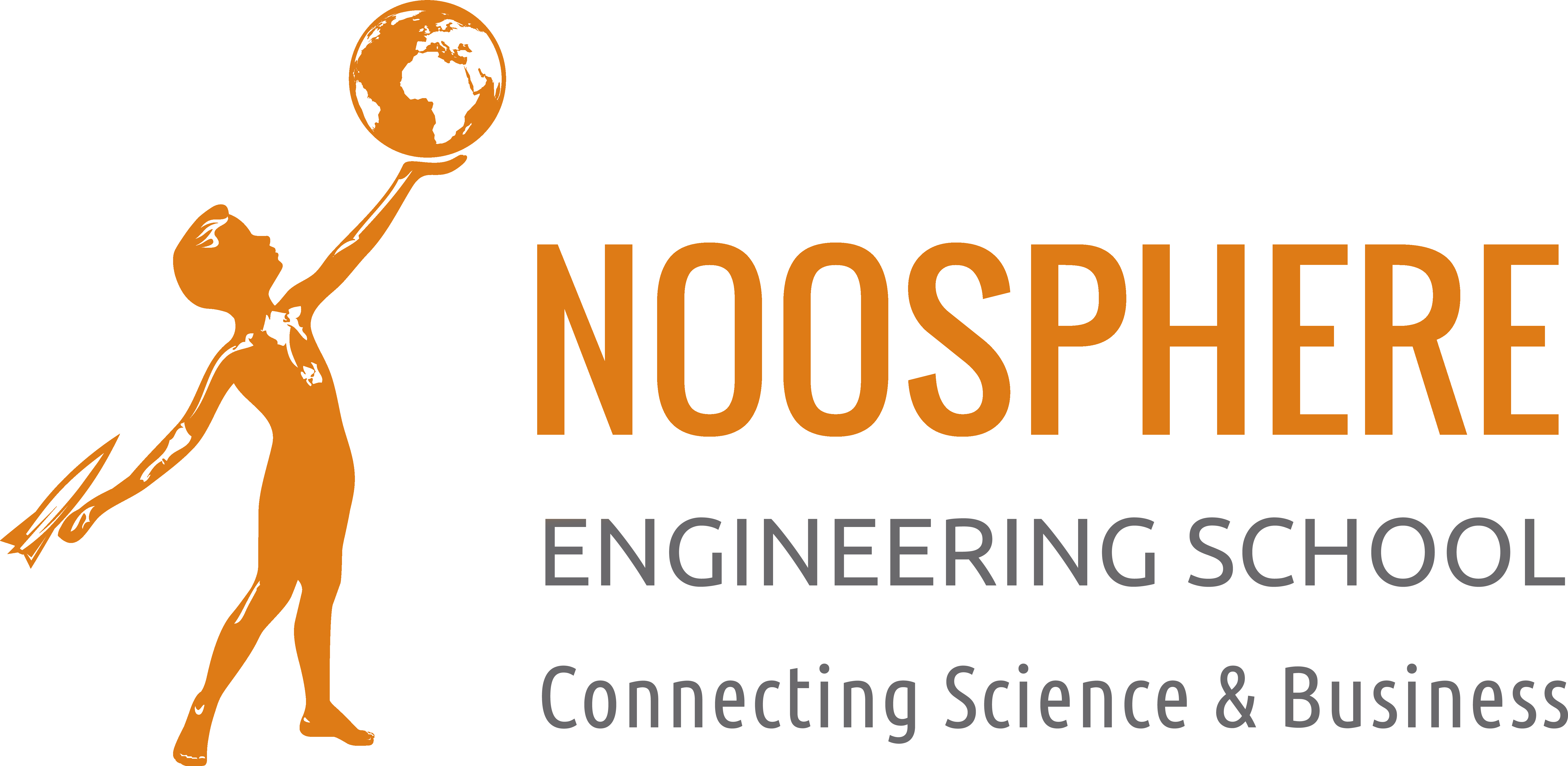In the spring of 2023, the Alliance of Ukrainian Universities was founded to address the challenges facing the country and Ukrainian society after the full-scale invasion of russia.
In addition to the National University of Water and Environmental Engineering, the community includes Taras Shevchenko National University of Kyiv, Dnipro University of Technology, Sumy State University, Ukrainian Catholic University, and Kyiv School of Economics.
The Alliance started its joint work with a pilot project of cooperation of experts from universities with territorial communities for the reconstruction of Ukraine, and the participating universities became a platform for combining the efforts of the public and private sectors for the further recovery of the country.
Communities in different regions of Ukraine are in different financial and economic conditions, they face different challenges, depending on how close they are to the front line.
The Alliance of Ukrainian Universities, with the support of the "Renaissance" International Foundation, conducted research in twelve selected communities, each of which has its own experience.
The communities of the rear regions - Ivano-Frankivsk, Lviv and Rivne regions, as well as the front-line zones and communities that were de-occupied - Chernihiv, Sumy, Kharkiv, and Dnipropetrovsk regions were selected for the study.
Such a radical difference allows us to see a broader and more accurate picture of the challenges faced by different regions of Ukraine. Particular attention was paid to identifying specific needs of communities in three key areas: sustainability, development and recovery.
Models of cooperation between universities and communities within the framework of the pilot project will be integrated into the strategic plans of the universities implementing the project and will be promoted by the association for implementation in other higher education institutions that will gradually join the Alliance. The research methodology was developed in November-January 2023-2024 jointly by the efforts of representatives of the Alliance of Ukrainian Universities within the framework of the project "Strengthening the capacity of communities for reconstruction through piloting their interaction with universities" with the support of the International Renaissance Foundation.
Already in February-April 2024, the research teams of the universities of the Alliance collected and processed a wide range of data, including statistical indicators and individual reports of each community. The main areas of research, as mentioned above, related to sustainability, development and restoration of communities. Resilience meant the preparedness of communities for emergency situations, including rocket attacks and other crisis situations, development was based on improving the quality and availability of basic services, in particular education and health care, especially for vulnerable populations, and recovery was about rebuilding damaged infrastructure and creating conditions for the return of residents and businesses.
It is logical that within the framework of the research project, the communities of the Rivne region fell on the shoulders of specialists of the NUWEE.
To determine the priority, the experts received an assessment of the current situation from the management and employees of the local self-government body, community residents, business representatives, representatives of active residents, and representatives of public organizations. For each direction/goal (except restoration), each group gives an assessment. For each group, the assessment was calculated according to a separate methodology.
Both territorial communities are considered rear, but are located at a distance of 25-50 km from the belarusian border, which has its own influence. One of the biggest problems, and a common one at that, turned out to be the lack of qualified specialists and the significant impact of the war on local business. There are also questions about the state and development of the infrastructure, namely problems with transport connections, wear and tear of the road surface. The state of heating and water supply and sewage networks, water purification systems, etc. is largely unsatisfactory and requires modernization.
As for needs, as a result of the analysis, the research team identified the most critical target for a more detailed needs analysis, which is sustainability. Residents of communities need to be prepared for emergency situations, to ensure the continuity of basic services, and also insist on the need for development: improving the quality and availability of services, especially in the field of health care and social services for vulnerable population groups, improving the availability and quality of medical and social services, especially for vulnerable population groups.
Within the scope of the project, 6 training courses for local authorities specialists are planned, three of them have already taken place. As noted by the specialists present, they were very interesting and useful, as evidenced by several community development projects prepared by them.
As for the cooperation of communities with NUWEE, they agreed on a series of consultations by university specialists to support project proposals of communities, as well as consulting on environmental, energy, and water issues, developing strategies, and improving the qualifications of employees. A separate block of cooperation is the issue of reintegration of veterans and IDPs.
The full summary report of the Alliance of Ukrainian Universities of the needs of 12 communities can be found here.
The reports of the communities of Rivne Oblast - Bereznivska and Varaska can be found below in the attached files.
The project is implemented by the Alliance of Ukrainian Universities with the support of the International Renaissance Foundation.
Information partner - Osvita.ua
Alliance member universities: Taras Shevchenko National University of Kyiv, Kyiv School of Economics, National University of Water and Environmental Engineering, Dnipro University of Technology, Sumy State University, Ukrainian Catholic University.
Nataliia PARKHOMCHUK,
Public Relations Department















